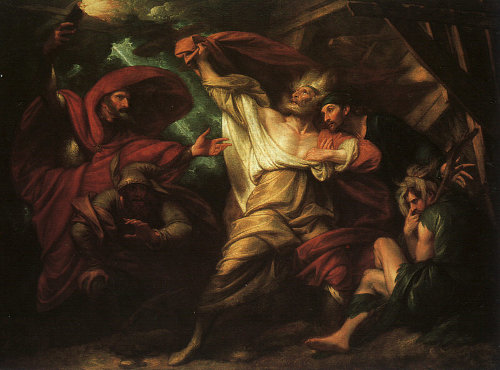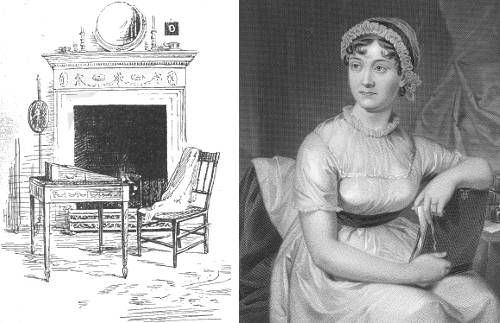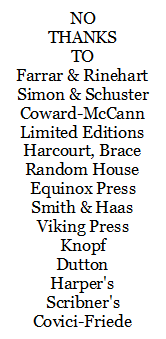In May 1869, Lewis Carroll and 13-year-old Isabel Seymour traveled together by train from Oxford to Reading, where they parted, he to go on to Guildford and she to Paddington, London. After they had separated, he realized that he had forgotten to give her her ticket. He wrote to her:
My dear Isabel,
I was so sorry to hear from Miss Lloyd of your not being well, and I hope you will not think of writing to me about ‘Alice’ till you are well enough to do so. I only write this on the chance of your being in the humour to read it, or to have it read to you. When you are in that state, I should like you to know the real reason of my having carried off your railway-ticket. … Well, you told me, you know, that it was your first railway-journey alone: naturally that set me thinking, ‘Now what can I do to give her a really exciting adventure?’
Now three plans occurred to me. The first was to wait till the train had started from Reading, and then fire a pistol through your carriage-window, so that the bullet might go near your head and startle you a little. But there were two objections to this plan — one, that I hadn’t got a loaded pistol with me, the other, that the bullet might have gone in at a wrong window, and some people are so stupid, they might not have taken it as a joke.
The second plan was to give you, just as the train left Reading, what should look like a Banbury-cake, but should afterwards turn out to be a rattlesnake. The only objection to this plan was, that they didn’t keep that kind at Reading. They had only common Banbury-cakes, which wouldn’t have done at all.
The third plan was to keep the ticket, so that you might be alarmed when you got to London. Of course I arranged thoroughly with the Guard that the thing was not to be overdone. He was to look a little stern at first, and then gradually to let his expressive features kindle into a smile of benevolence. I was very particular on this point and almost my last words to him were, ‘Are you sure you can manage the benevolence?’ and I made him practice it several times on the platform before I would let him go.
Now you know my whole plan for making your journey a real Adventure. I only hope it succeeded. So, hoping much to hear you are better again, I remain very truly yours,
C.L. Dodgson



